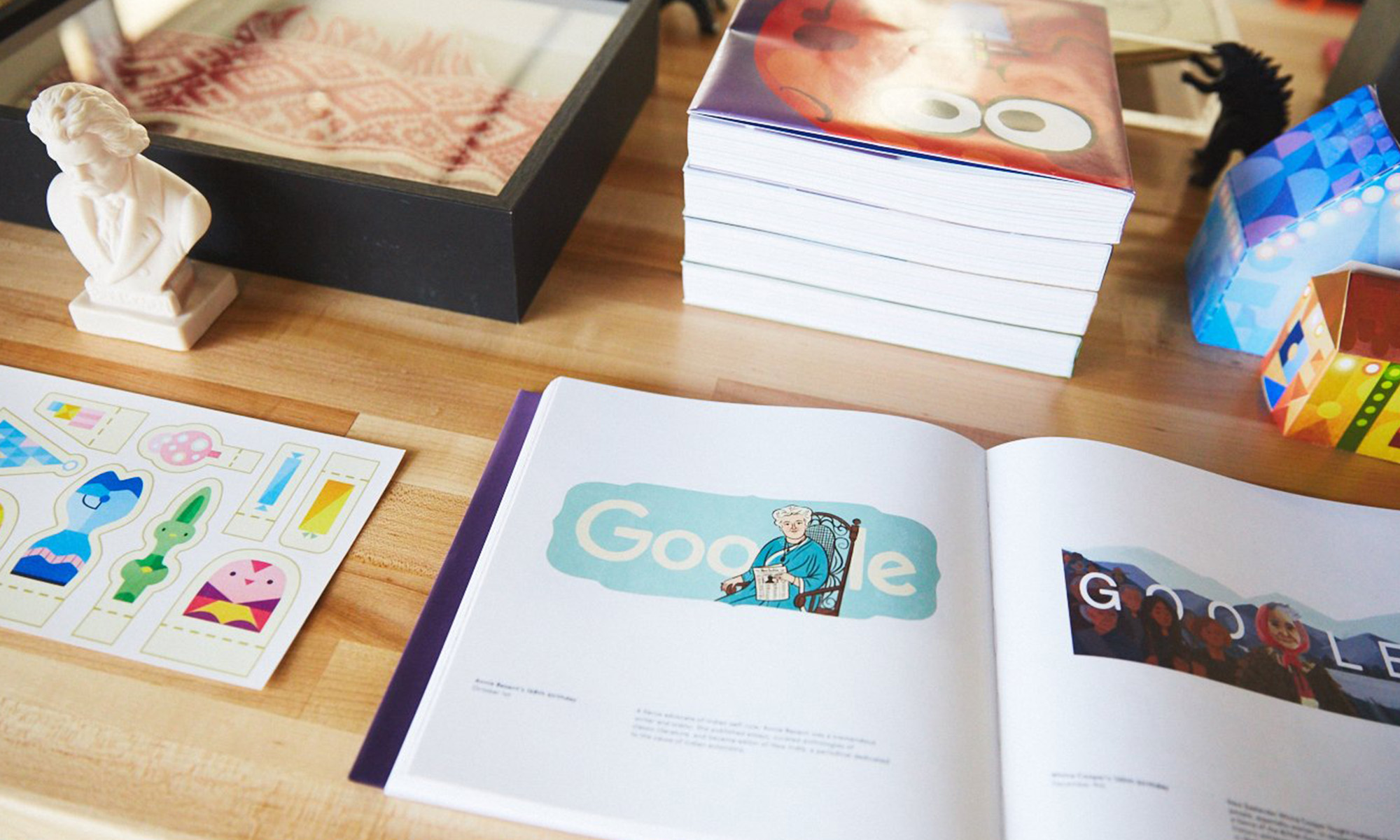Google (GOOG +1.40%) (GOOGL +1.48%) has just hired auto industry veteran John Krafcik as the CEO of its driverless cars division. Krafcik was previously president of car price comparison website TrueCar, a product development executive at Ford, and the former CEO of Hyundai Motors America.

Google driverless cars. Source: Google
In a series of tweets, Krafcik called his appointment a "great opportunity to help Google develop the enormous potential of self-driving cars," noting that "self-driving cars could save thousands of lives, give people greater mobility, and free us from things we find frustrating about driving today." Krafcik's hiring indicates that Google is getting serious about expanding its efforts, which many investors and analysts still consider a "moonshot."
The story thus far
Google unveiled its prototype electric driverless cars last year and declared that its self-driving vehicles would be ready for mass production by 2020. The plan has gotten a lot of support from Uber, which considers driverless vehicles to be a potential solution to its ongoing problems with human drivers.
Several other leading automakers, including Daimler Mercedes-Benz, General Motors, and Hyundai have all expressed a similar belief that more driverless cars could hit public roads by 2020. Over the past two years, Mercedes has showcased impressive driverless concept cars including an 18-wheeler and a pod-like electric car called the F 015 Luxury in Motion.

Mercedes-Benz F 015 Luxury in Motion. Source: Company website
To help its driverless cars "see," Google maps out roads in high detail so they can identify curbs, signs, and other potential obstacles. It does this because its autonomous system, which renders surroundings in 3D with a rotating LIDAR, can't process all that data in real time. It's a time consuming process -- as of last May, Google had scanned about 2,000 miles of roads, compared to 170,000 miles of public roads just in California. Google's vehicles, which are each equipped with about $250,000 in hardware, are also still far too expensive for mass production.
Lots of speed bumps
On paper, it makes sense to let computers do all the driving. Almost 33,000 Americans died in 2013 from auto accidents. The CDC claims that the three leading causes are distracted driving, speeding, and drunk driving -- which could all have been eliminated by driverless vehicles.
As of July, Google's 23 self-driving cars had been involved in 14 minor traffic accidents on public roads. In each case, Google claimed that human drivers were at fault instead of the computers. But that also means that for accidents to be completely eliminated, human drivers must completely leave the roads, and that probably won't happen within the next decade.
Automakers have also questioned Google's intentions in mapping out roads for driverless cars. In June, Audi CEO Rupert Stadler warned against the data-mining potential of Google's driverless vehicles, stating that "the only person who needs access to the data onboard is the customer." Daimler also expressed similar concerns in the past.
A rebellion against Google
That's probably why both companies, along with a consortium of German automakers, teamed up to buy Nokia's (NOK 0.15%) HERE mapping division for €2.8 billion ($3.07 billion) last month. HERE Maps account for over 80% of all embedded auto maps worldwide, and it's also producing 360-degree images of roads with its LIDAR technology for driverless cars. The company previously claimed that it would finish a high-detail map database for highways in the U.S. and Europe by 2018.

HERE Maps. Source: Company website
It's easy to see why automakers view Google with such suspicion. Google already gathers location-based data from Google Maps, which it uses for targeted ads. By receiving more data from driverless routes, it can accumulate even more data for marketers. If U.S. and Japanese automakers also favor using HERE over Google maps for their driverless cars, the search giant could get left out in the cold.
The road ahead
Google previously stated that it won't manufacture its own vehicles but will license the technology to automakers instead. John Krafcik's industry experience could help Google land more negotiations with these companies, but I think there are still too many unanswered questions regarding the business.
Google's equipment is still too pricey, the safety benefits are debatable, and its data mining intentions are unclear. Unless Krafcik can clear up those points, Google's driverless cars unit could remain a "moonshot" rather than a sustainable business.












